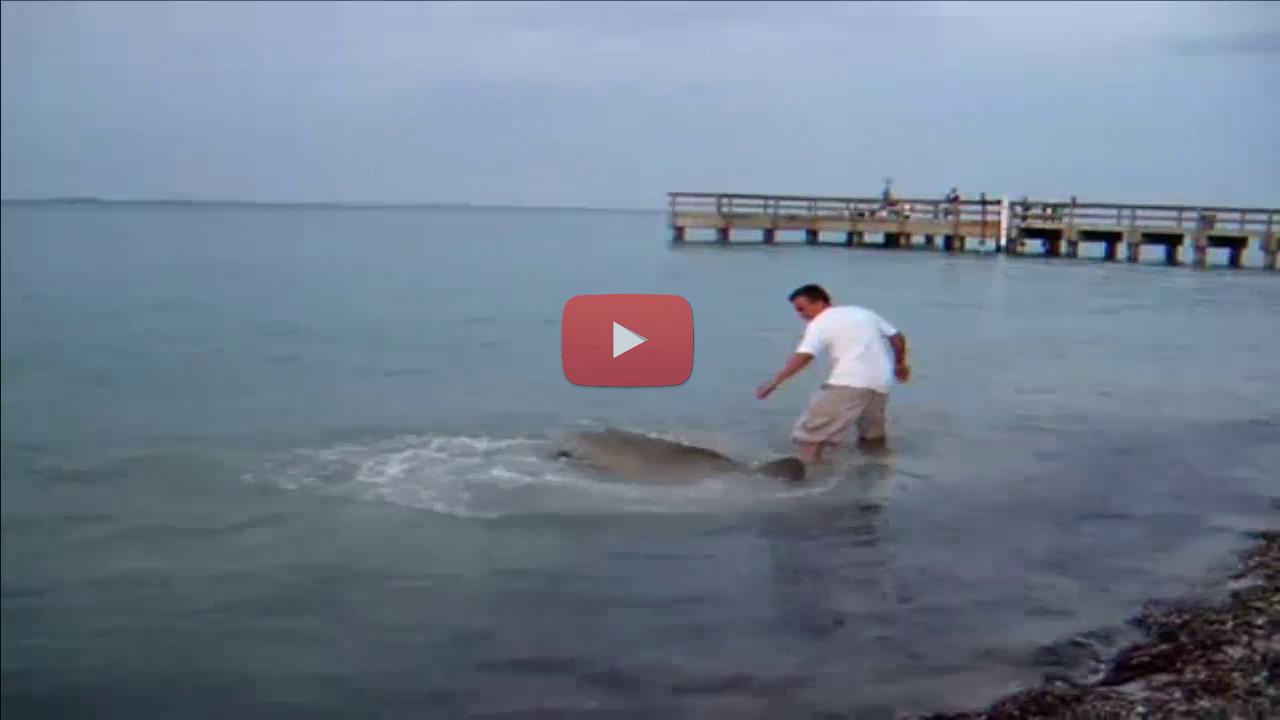How Shark Fishing Can Be A Habit
How Shark Fishing Can Be An Addiction
Shark fishing can be an addiction for some people due to the thrill and excitement of catching such a powerful and mysterious creature. The rush of adrenaline and the feeling of accomplishment can be addictive, as well as the sense of adventure and challenge that comes with pursuing such a powerful and elusive animal. Additionally, the social aspect of shark fishing can also be addictive, as many people enjoy the camaraderie and shared experiences of shark fishing with friends and family. However, it is important to remember that shark fishing can also be dangerous and it should be done responsibly and sustainably. Overfishing of shark populations can lead to the depletion of these important species, and can have serious consequences for marine ecosystems. It is important to know the regulations and guidelines for shark fishing, practice catch-and-release methods, and consider the ecological impact before engaging in shark fishing.
Shark fishing can also be addictive because it is a way for some people to connect with nature and the ocean. The sense of being in the presence of such a powerful and ancient creature can be a humbling and awe-inspiring experience. Furthermore, for some people, the pursuit of the perfect catch can become a lifelong obsession, and they may spend years perfecting their technique and trying to catch bigger and more elusive sharks.
However, it is important to remember that shark fishing can have negative consequences, both for the individual and for the environment. For example, shark fishing can be dangerous and accidents can happen, leading to serious injury or even death. Additionally, overfishing of shark populations can lead to a decline in their numbers and can have negative impacts on marine ecosystems. This can lead to imbalances in the food web and the loss of important species.
In conclusion, while shark fishing can be an enjoyable and exciting pastime, it is important to engage in it responsibly and sustainably, to be aware of the risks, and to consider the ecological impact of our actions.


